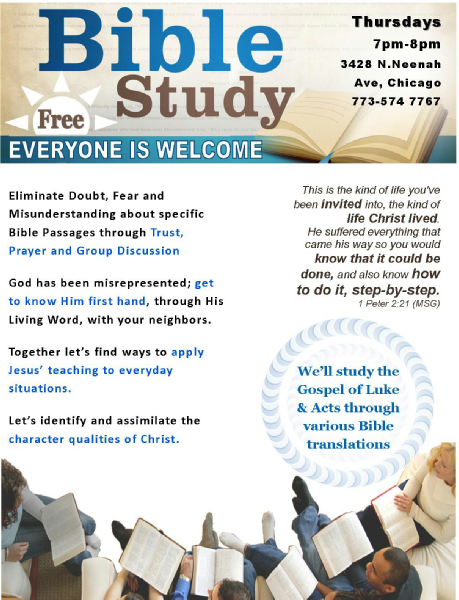
How will you commit to keeping God at the center of your Thanksgiving celebration?ĭuring the Feast of Weeks and the Feast of Tabernacles, the people gave a freewill offering according to the measure of blessing God had extended to each person (Deuteronomy 16:10, 17). What things are God’s people instructed to remember? Look up the word “remember” in the concordance of your Bible. How could you express similar gratitude toward the Lord? Make a list of things for which the psalmist was thankful. Lord God, I give You the glory and the honor for what You’re doing in my heart right now and for what You will do in the future. I know that You are honored when I respond to Your Word, and I pray that You will help me to respond well and to bring glory and honor to Your Name. I am not only to be a thankful person, but a giving person. Help me, Lord, to remember that Thanksgiving is a compound word. Lord, help me to remember that responsiveness is my responsibility as Your child. Paul was one of the busiest, most dynamic men on earth, but he made time for people-as God instructed.Īs we prepare for Thanksgiving, let’s make time for the people God has brought into our life.įather, prepare my heart not just for this Thanksgiving season but for all of my life that I might be a person who expresses gratitude, not only by what I say but by what I do. As he wrote to churches, Paul incorporated greetings, introductions, commendations, and words of warning to several people. In the letters of the apostle Paul, we also find a deep commitment to relationships. Throughout the Old and New Testament, God places a high value on relationships within families and groups. Not only were the Israelites instructed to celebrate with their families, but they were supposed to invite anyone who was alone.
#Adult bible study on prayer how to#
The Bible is the best manual on how to build personal relationships you will ever find. Because it occurred fifty days from the Passover Sabbath, it was also called “Pentecost,” meaning “fiftieth.” During the Pentecost following the resurrection of Christ, the church was born (Acts 2).

The Feast of Weeks, celebrating the harvest ( Exodus 34:22 Numbers 28:26-31 Deuteronomy 16:9, 10), was one of the three great festivals the Hebrew people later celebrated in Jerusalem. It’s a habit of mind we ought to nurture every day of the year, but the days leading up to Thanksgiving are an especially opportune time. We need to ponder the Lord’s nearness and cultivate a sense of His presence. This is still a valuable discipline for believers today. It was one of many rituals He designed to draw His people closer to Him and to teach them about the implications of living in the presence of His holiness. God ordained this week-long observance while the Israelites traveled through the desert on their way to the Promised Land. These structures, made of tree branches and foliage, would remind God’s children of His providential care during their time in the wilderness.


The Feast of Tabernacles (also called the Feast of the Ingathering) was held exactly seven weeks after the beginning of the fall harvest it was also known as the Feast of Booths because the Israelites were to live in booths for seven days ( Numbers 29:12-40 Deuteronomy 16:13-17).


 0 kommentar(er)
0 kommentar(er)
